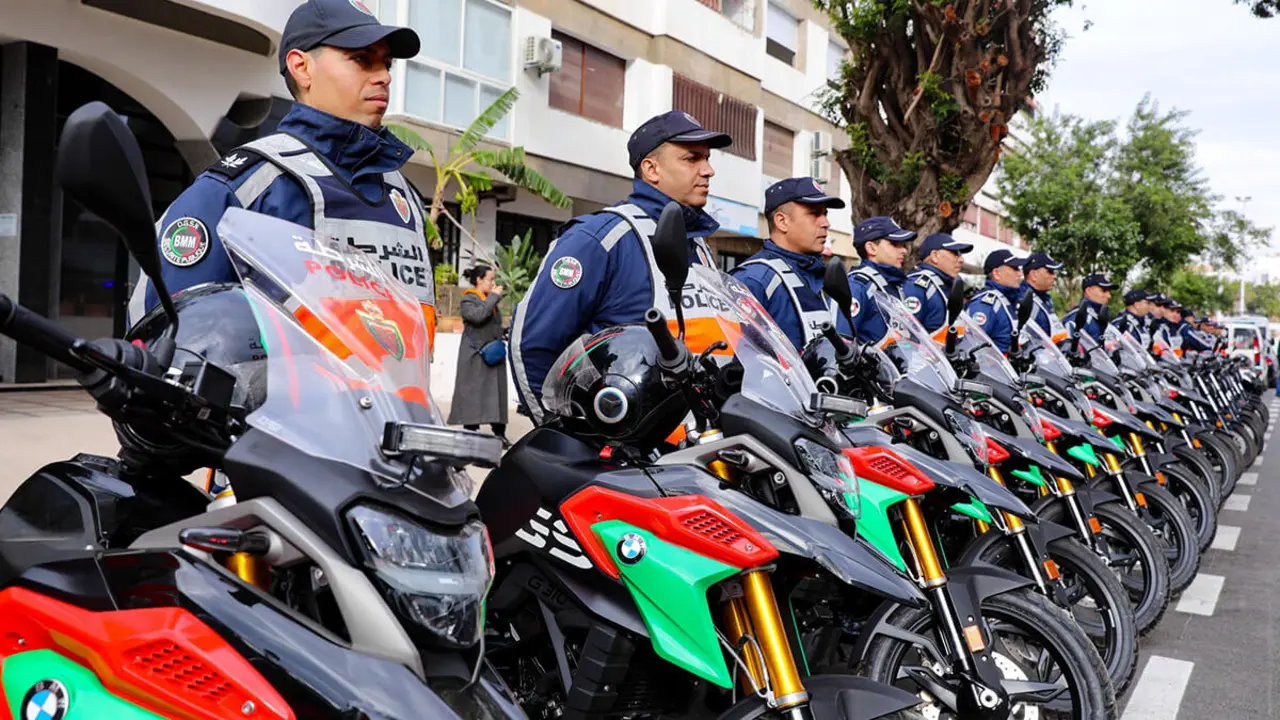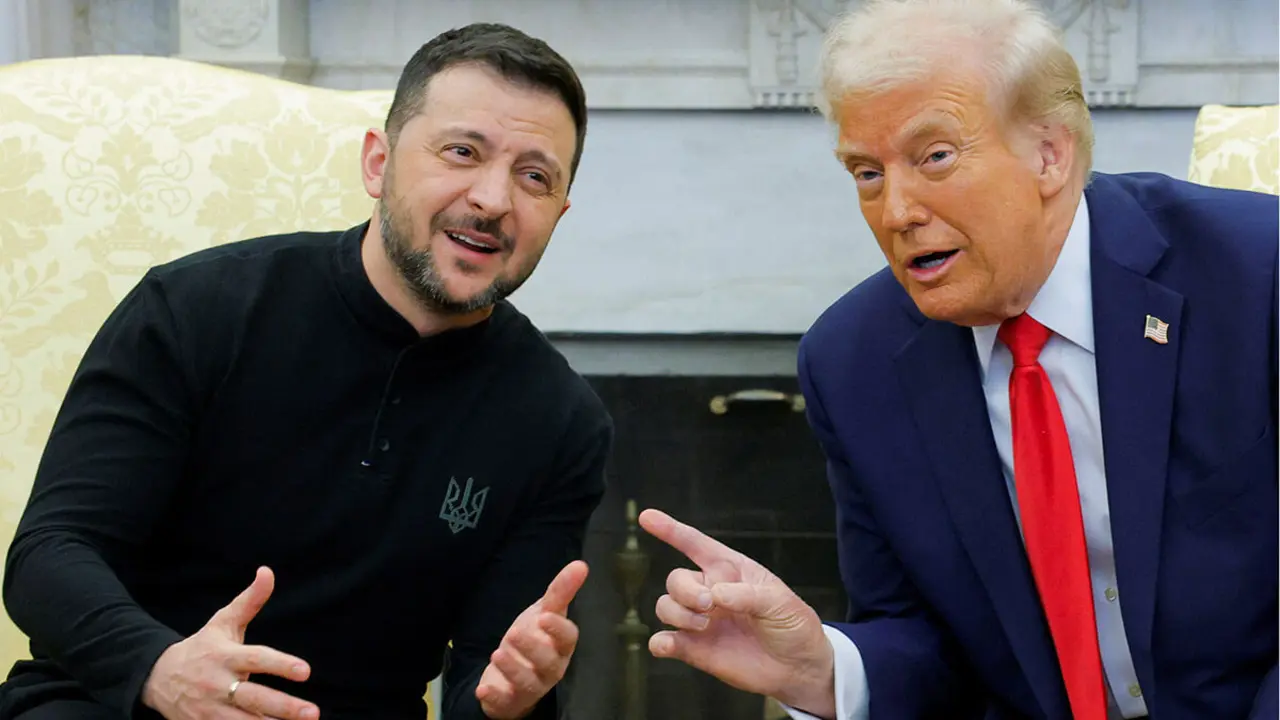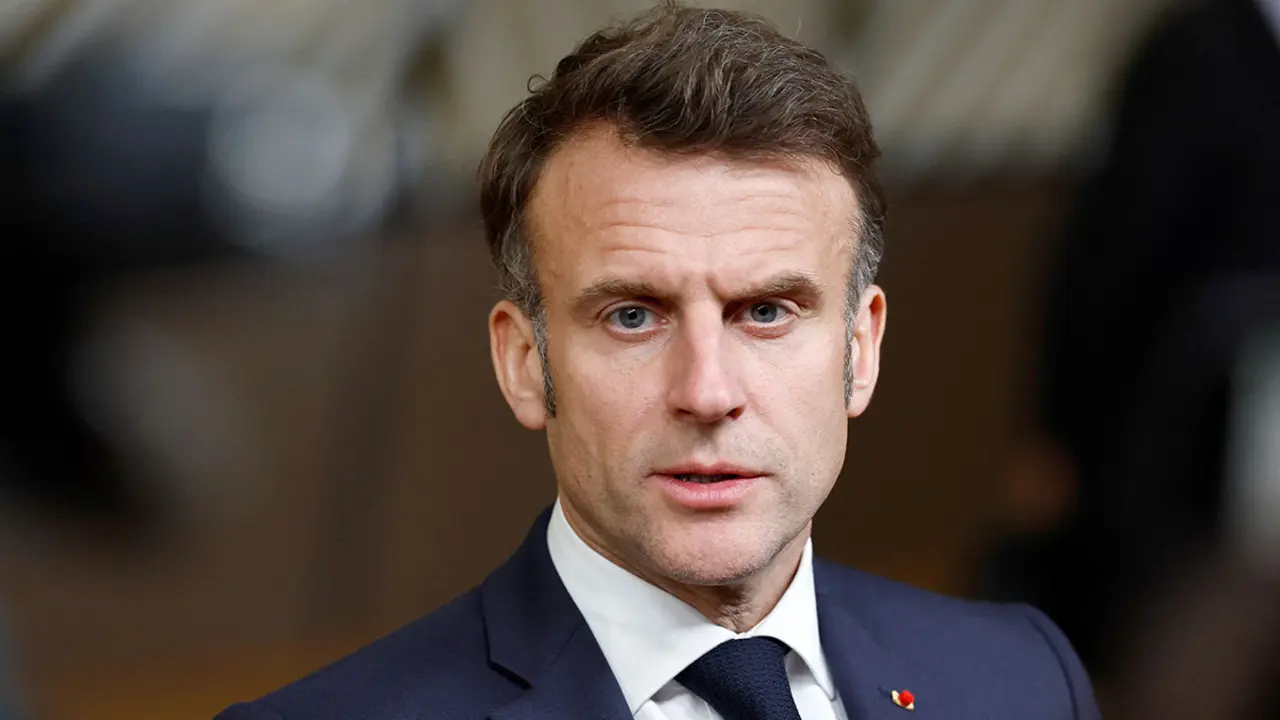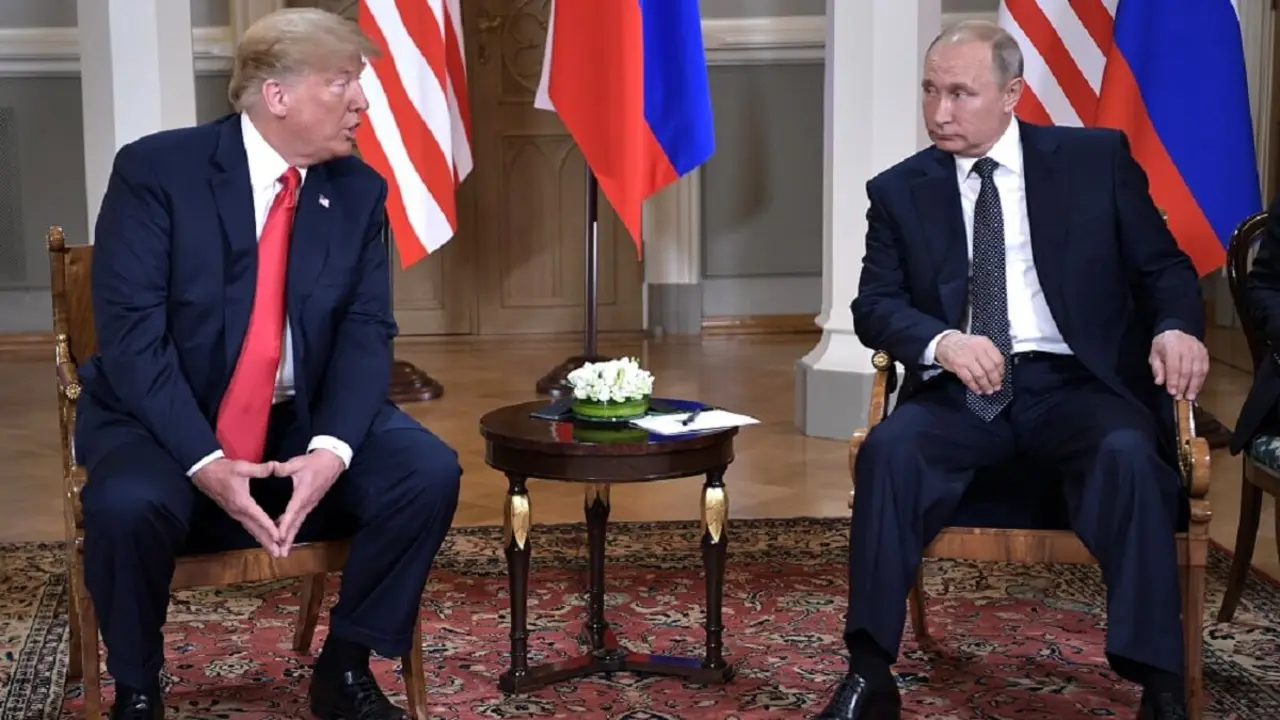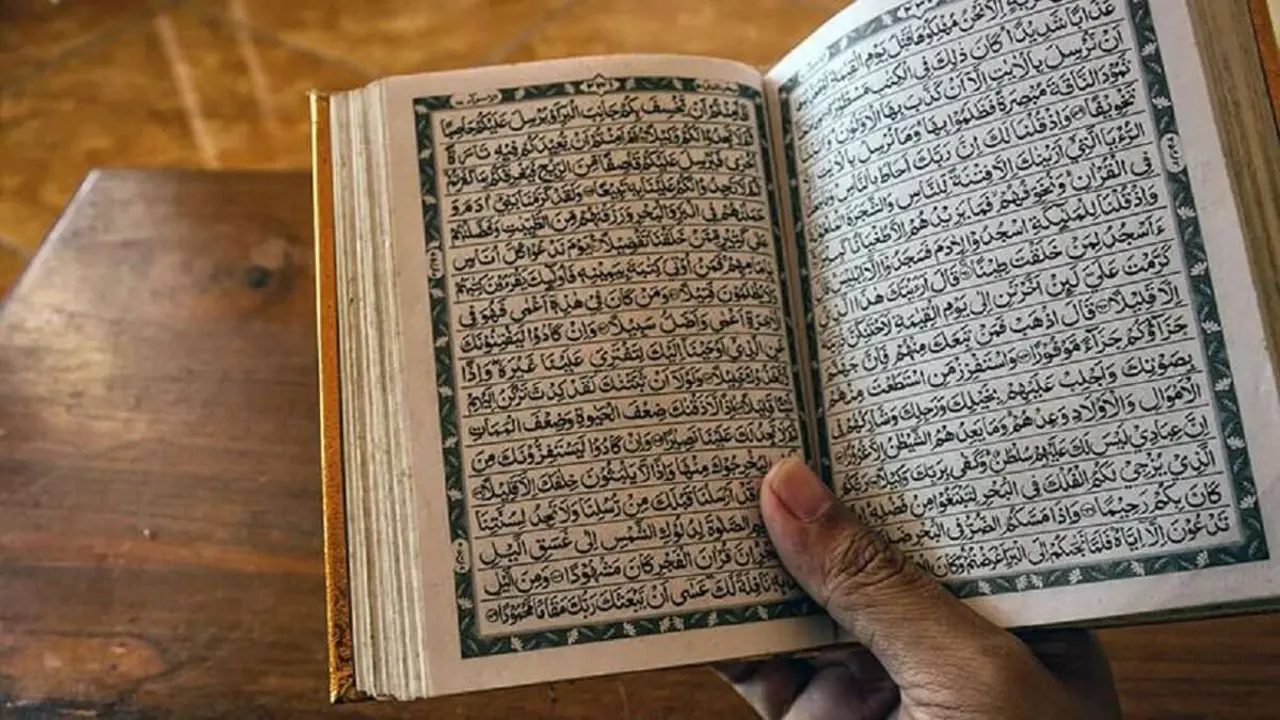Erdogan orders to expel 10 ambassadors over criticism of Turkey's judicial system
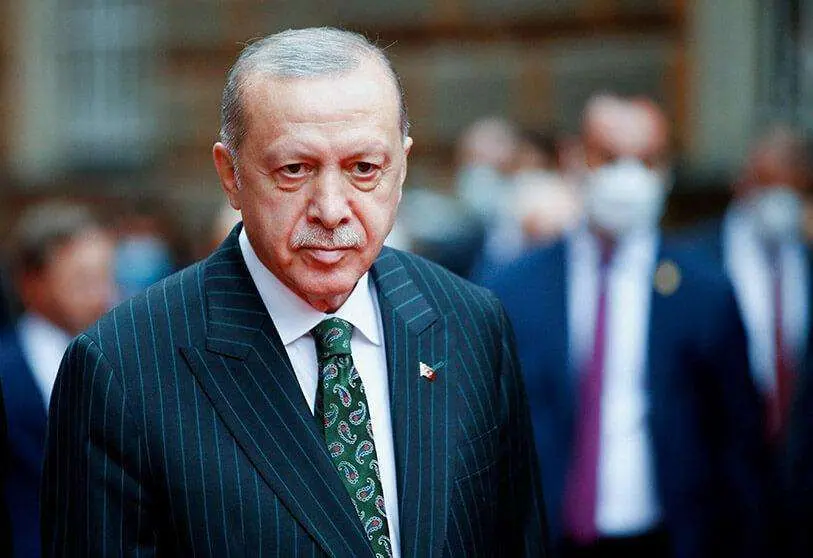
Turkey is in the spotlight for systematically violating human rights. Erdogan's government, controversial for its so-called "iron fist" policies, is not being characterised as a democratic example in the Eurasian region. It continues to demonstrate this with its latest decision to withdraw the diplomatic clearance of a dozen ambassadors.
Criticism by ten ambassadors over the prolonged imprisonment of human rights activist Osman Kavala led Turkish President Recep Tayipp Erdogan to declare them "persona non grata".
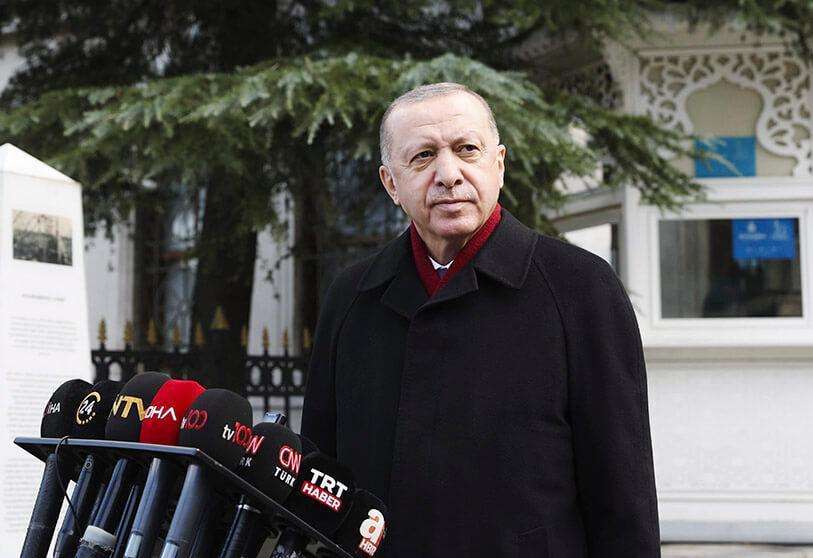
The ambassadors' demands have been set out in a joint letter calling for the activist's release after four years in pre-trial detention. Kavala was imprisoned in 2017 and is accused of carrying out "conspiracies against the state", as well as allegedly participating in the 2016 coup attempt, something that has been repeatedly denied by the activist.
The statement was co-signed by Denmark, Germany, the Netherlands, New Zealand, Canada, Norway, the United States, France, Finland and Sweden. In the statement, they declared that, "the continued delays in the trial, including the merging of different cases and the creation of new ones after an acquittal, cast a shadow over the respect for democracy, the rule of law and transparency of the Turkish judicial system", calling for "a fair and speedy resolution" of the case.
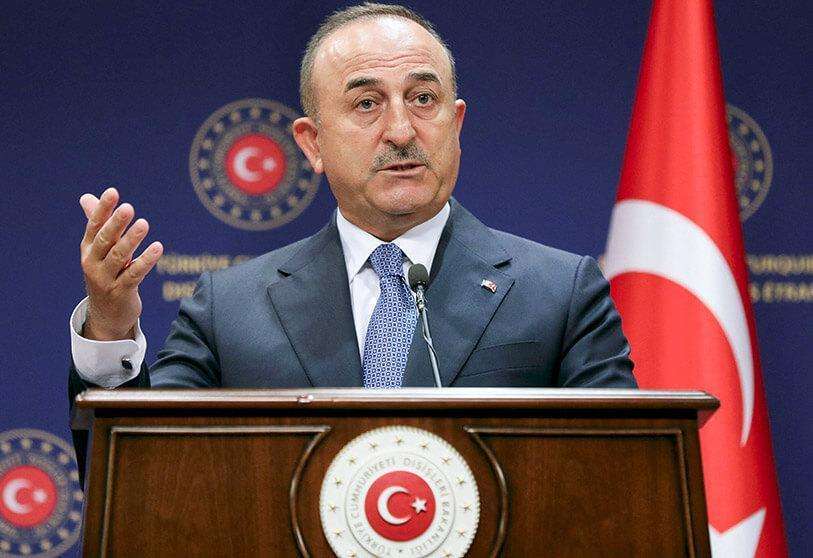
However, the text written by the emissaries has not been the only request made in this case. The European Court of Human Rights (ECHR) itself has called for his release on more than one occasion, arguing that his imprisonment is "arbitrary and unlawful". Turkey, however, has not been hesitant in its response, and Kavala has now completed his fourth year in prison.
Following the requests from the various embassies, Erdogan declared that he had asked the foreign minister, Mevlut Cavusoglu, to "immediately treat the declaration of these ten ambassadors as persona non grata". He added that "the day they do not understand or know Turkey, they will leave".

According to the 1963 Vienna Convention, if a state declares the ambassador of another country "persona non grata", the state to which he or she belongs must withdraw its representative within an estimated period of time. If the country of origin fails to do so, the ambassador will be expelled directly from the territory, in this case Turkey.
With this new decision, Erdogan continues to implement anti-democratic measures. This new case is followed by a series of decisions that have put Turkey in the hot seat. Two years ago, the Turkish president decided to reform the country's constitution in order to grant himself more powers and to be able to stay in office until at least 2023.
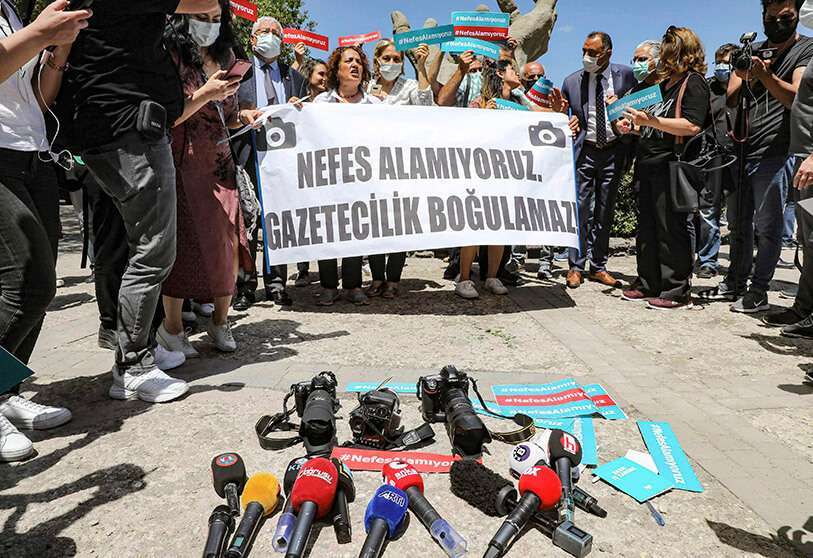
In the case of justice, organisations such as Amnesty International state that Turkey does not respect guarantees of "fair trials" and therefore continues to enforce anti-terrorism laws in cases that are currently protected by international human rights law. In addition, repeated harassment of journalists, activists, social media users and human rights defenders persists.
Freedom of expression in the country is a weak right. Many journalists and media workers are awaiting trial or serving prison sentences for their publications. Some have been punished under the country's anti-terrorism laws and are sentenced to years in prison, presenting their journalistic publications as "evidence of crime".



